30 December 2024
Ah, video games—those magical portals where you can ride dragons, battle cosmic gods, and, occasionally, romance an alien who looks suspiciously like a refrigerator with legs. But let’s talk about something even cooler: how your choices (yes, yours!) shape the stories in these digital wonderlands.
If you’ve ever cried over a fictional character’s death or fist-pumped the air after saving the galaxy, you’ve experienced the magic of player-driven narratives. These aren’t just stories you passively watch unfold—they’re stories you actively shape. It’s like being the author and the reader all at once. Pretty neat, right?
So buckle up, grab your controller (or keyboard, or VR headset), and let’s dive into the fascinating ways player choices influence video game narratives. Trust me, this is going to be way more fun than that time you accidentally picked the "jerk dialogue option" in Mass Effect.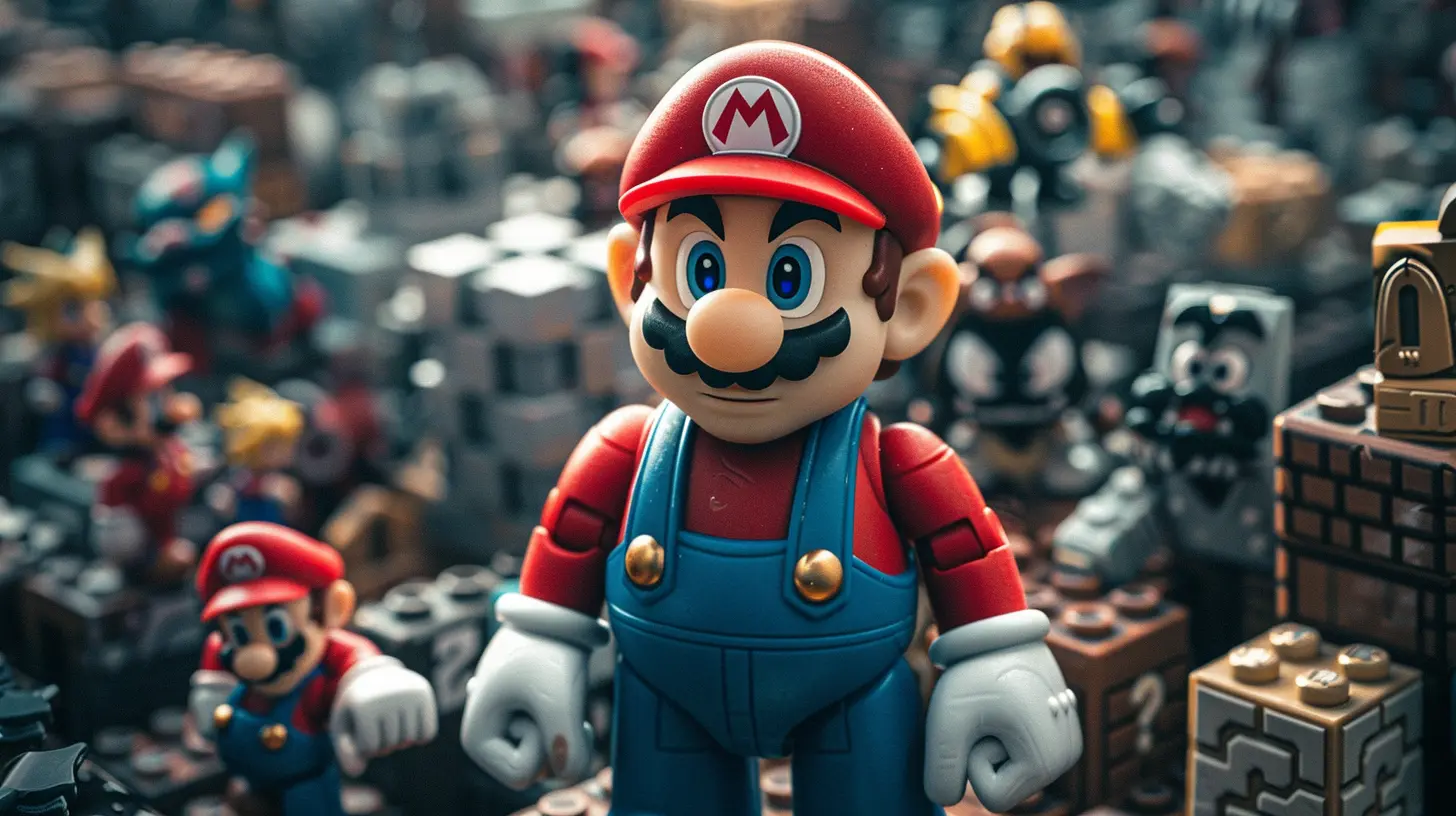
The Butterfly Effect: When A Small Choice Spirals Into Chaos
Ever heard of the butterfly effect? It’s the idea that a tiny action—like a butterfly flapping its wings—can lead to massive consequences later, like a typhoon halfway across the world. In video games, the butterfly effect takes on a whole new level of insanity. One seemingly innocent choice can snowball into outcomes you never saw coming.Take The Witcher 3: Wild Hunt, for example. Think helping that grumpy old villager is no big deal? Fast-forward a few hours, and you’re suddenly in the middle of a village-wide curse-breaking festival—or, you know, dealing with an angry mob. Whoops.
Games like these thrive on player decisions, big and small. And let’s be real: there’s nothing more thrilling (or terrifying) than realizing your actions actually matter. It’s like being handed the keys to a Ferrari, except the Ferrari is also on fire and driving itself.
Moral Dilemmas: The Digital Angel and Devil on Your Shoulders
Video games have a special talent for making you question your morals. You’ll be cruising along, happily slaying goblins, and then BAM! The game throws you a choice so gut-wrenching, you have to pause to stare at the ceiling for half an hour.Should you save the orphanage full of adorable children or the train full of VIP passengers? Should you take the selfless path or succumb to temptation and steal that shiny magic sword? Games like The Walking Dead and Life is Strange specialize in these moral dilemmas, and you’ll often find yourself agonizing over the consequences.
The beauty of player-driven narratives is that they reflect who you are—or at least, who you’d like to believe you are. Are you the heroic savior or the chaotic troublemaker? The choice is yours, but don’t be surprised if the game remembers. Oh, it always remembers.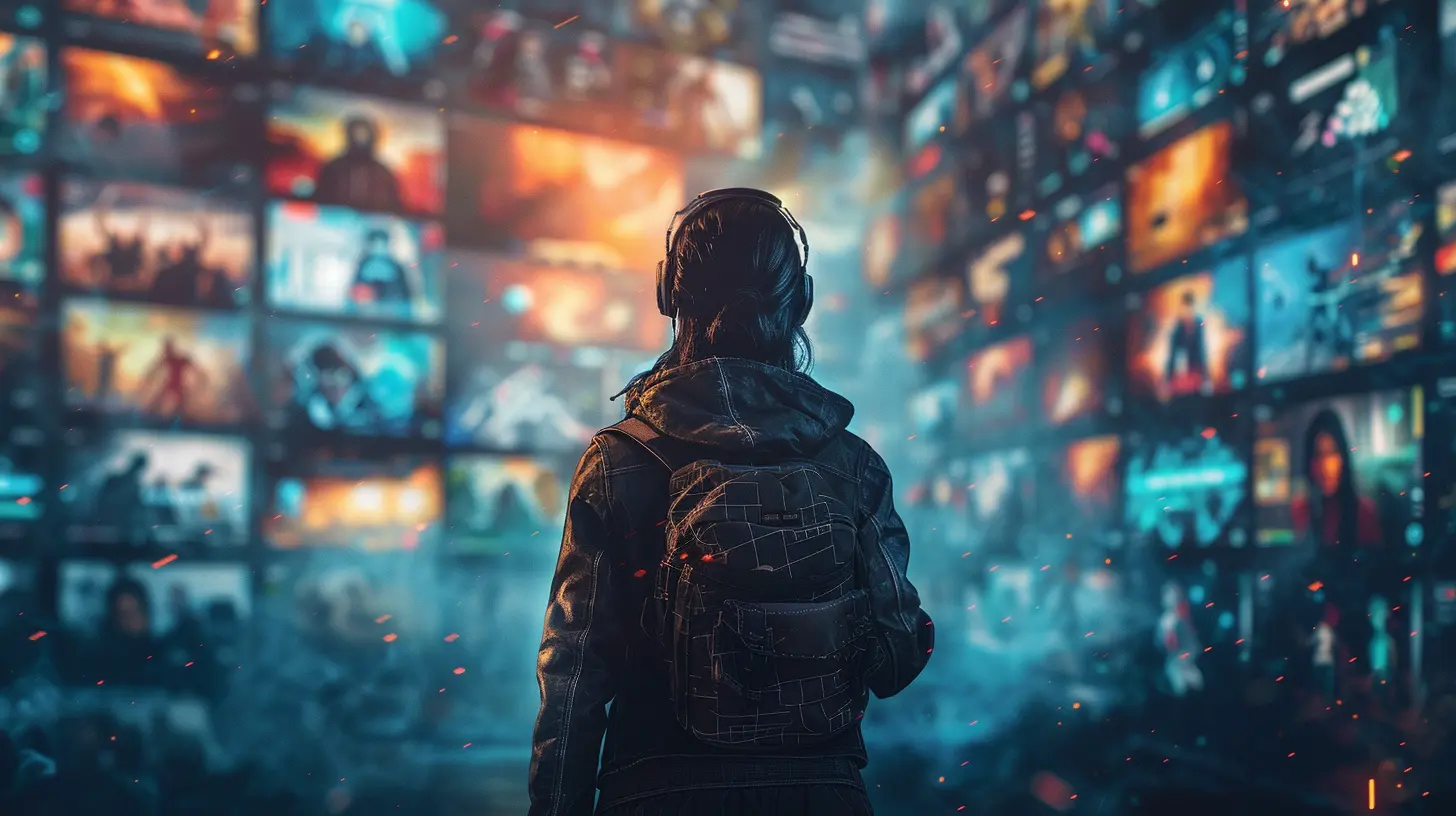
Branching Storylines: Choose Your Own Adventure (With Extra Drama)
Remember those "Choose Your Own Adventure" books from your childhood? The ones where you flipped to page 62 and immediately regretted your decision because your character got eaten by a dragon? Well, video games took that idea and cranked it up to eleven.Modern games like Detroit: Become Human or Heavy Rain offer branching storylines that feel like sprawling, intricate spiderwebs. Every choice you make sends the plot hurtling down a different path, leading to wildly varied endings. And let’s be honest: half the time, you replay just to see how much chaos you can inject into the story.
But here’s the kicker—you can’t always predict how a choice will play out. Sometimes the game plays 4D chess with your brain, and your best-laid plans backfire spectacularly. It’s frustrating, exhilarating, and oh-so-addictive.
Dialogue Systems: The Art of Talking Your Way Into (or Out Of) Trouble
If you’ve ever played a game like Mass Effect or Dragon Age, you know that conversations can be as intense as boss battles. Dialogue systems are a brilliant way games let you shape their narratives. Want to charm your way to victory? Go for the flirty response. Want to assert dominance? Go full-on sass mode. Just be prepared for the consequences.These systems make the world feel alive and dynamic. Characters react to what you say, remember your past choices, and even hold grudges. Yes, NPCs in modern games are basically like your passive-aggressive coworker Karen—they never forget how you slighted them.
Plus, let’s not forget the joy of "accidental comedy" in dialogue systems. You might choose the "sorry" option, only for your character to deliver it in the most sarcastic tone possible. It’s like misreading the vibe at a party, but in 4K resolution.
Player Agency: The Illusion of Freedom (And Why It Totally Works)
Let’s be real here—most games aren’t as open-ended as they seem. Sure, you’re given choices, but the developers probably already mapped out every possible outcome. It’s like being in one of those escape rooms where you think you’ve cracked the code, but they were nudging you toward the solution all along.But here’s the thing: the illusion of freedom still works. Games like The Elder Scrolls V: Skyrim or Fallout: New Vegas immerse you so deeply in their worlds that you feel like the master of your own destiny. Want to become the daedric lord of chaos? Go ahead. Want to spend 40 hours baking bread (even though the fate of the world hangs in the balance)? No one’s stopping you.
Player agency is all about giving you the tools to create your own story, even if the framework is already laid out. And honestly, isn’t that what makes gaming so special? It’s not about whether your choices are "real"—it’s about how they make you feel.
Replayability: Playing What-If With Your Digital Life
One of the coolest things about games with branching narratives is their replayability. You finish the game, watch the credits roll, and then immediately start over because you need to know what happens if you choose the other option. It’s like binge-watching a TV series but with more dragons and fewer questions about why everyone has perfect hair.Games like Until Dawn or The Quarry practically beg you to replay them. Did one of your favorite characters die because you hesitated for 0.2 seconds during a quick-time event? No problem—just restart and try again. Suddenly, you’re not just playing a game; you’re creating a multiverse of possibilities.
Emotional Investment: Why You Cry Over Pixels
Let’s get a little sappy for a second. One of the reasons player-driven narratives are so impactful is because they make you emotionally invested. When your choices determine the fate of characters, you can’t help but care about them. Even if they’re just a bunch of polygons and voice lines, they feel real.Remember when Telltale’s The Walking Dead made you choose between two characters, both of whom you’d grown to love? Or when Undertale made you reconsider every decision you’d ever made in the game? These moments stay with you because you weren’t just a spectator—you were an active participant. It’s storytelling on a whole new level, and it’s downright magical.
The Future of Player-Driven Narratives: AI and Beyond
As video games evolve, so do the ways player choices shape narratives. With advancements in AI, games are becoming smarter and more responsive. Imagine a game where the NPCs genuinely adapt to your playstyle, or where the storyline morphs in real time based on your actions. Sounds wild, right?We’re already seeing glimpses of this future in games like Cyberpunk 2077 and Red Dead Redemption 2. Who knows? Maybe in a few years, we’ll have games where the story isn’t just shaped by choices—but where the story is the choices. Goosebumps, anyone?
Wrapping It Up: Your Story, Your Rules
At the end of the day, the beauty of video game narratives lies in their ability to put you in the driver’s seat. Your choices matter (even if they occasionally lead to hilarious disasters), and that’s what makes these stories so immersive and unforgettable.So the next time you’re agonizing over whether to spare the villain or unleash your inner chaos demon, remember: it’s all part of the fun. After all, life is full of choices, and video games? They just let you make them with a snazzy soundtrack and killer graphics.
Now, go out there and make some questionable decisions. The digital world is counting on you.


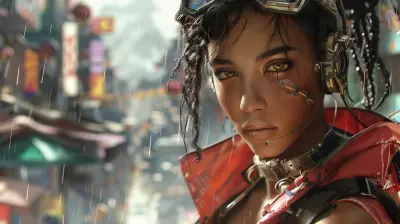


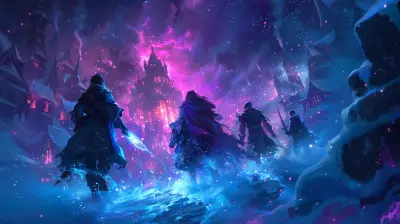
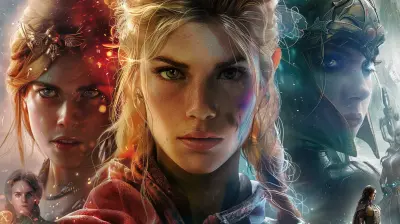
Casey Webster
In the realm where choices weave, Players craft their tales, believe. Narratives dance on fingers’ flight, Each decision ignites the night. A tapestry of fate unspooled, In gaming’s heart, we are the fuel.
January 29, 2025 at 4:42 PM